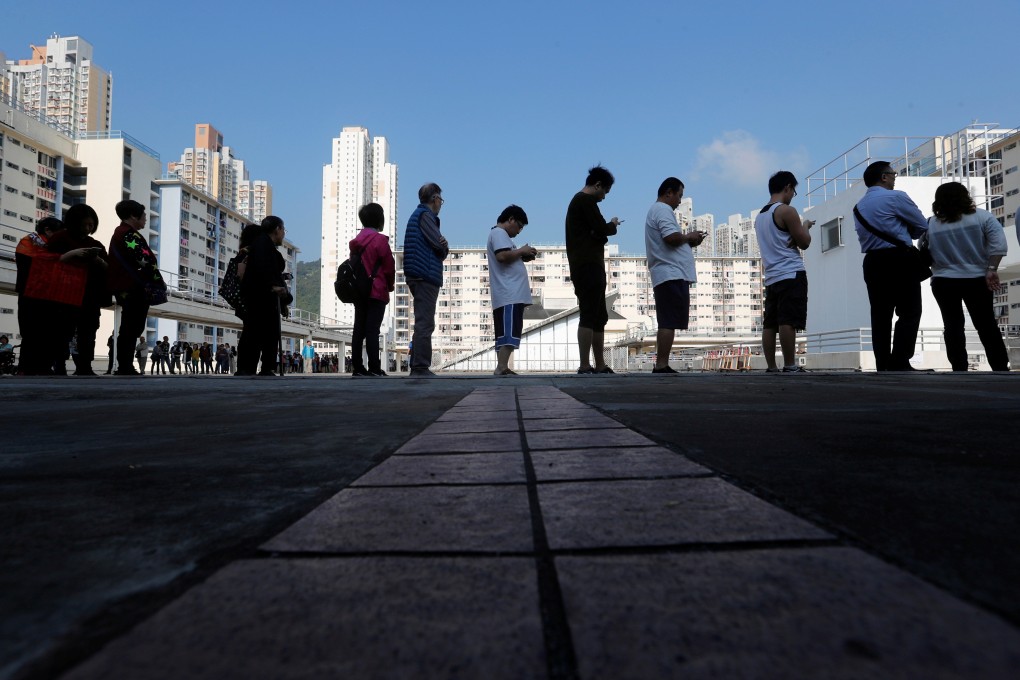Editorial | People have spoken at polls and Carrie Lam must now respond in order to end crisis
- Landslide victory for pan-democratic parties in district council elections will have a sweeping impact on city gripped by social unrest, and sends a message to both the chief executive and Beijing

Hongkongers have made history. They put aside months of social unrest to say what they want loud and clear through the ballot box.
The district council elections were not only concluded in an extraordinarily peaceful and orderly way, but they also shocked the establishment and warrant serious soul-searching.
From the political landscape and balance of power to effective governance and Beijing’s policy on city affairs, they will have a sweeping impact in the short and long term.
They also offer another window of opportunity for Chief Executive Carrie Lam Cheng Yuet-ngor to respond to people’s aspirations, which hopefully will help defuse the crisis that has gripped the city for nearly six months.

Sunday’s ballot was remarkable in every sense. Just weeks before polling, there were still fears it could be postponed or cancelled because of escalating chaos and violence.
